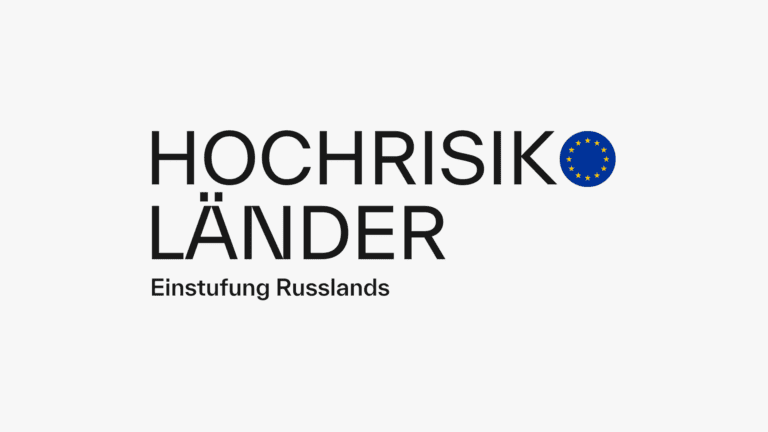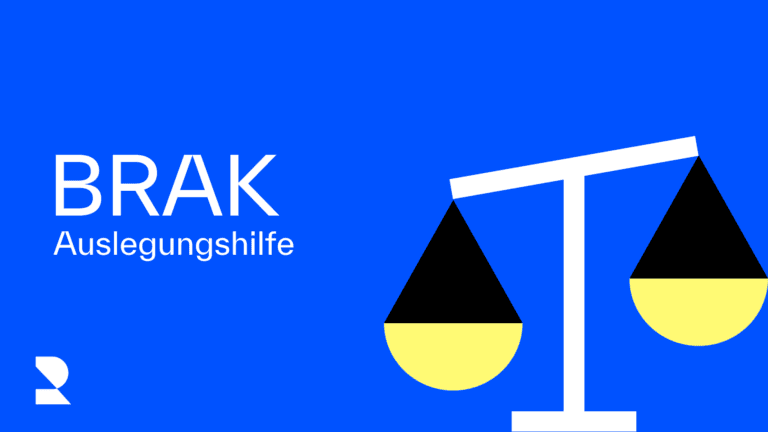It was foreseeable that sooner or later professional football clubs would fall under money laundering prevention regulations. This sector is characterised by complex structures and large financial flows — two key risk factors for potential abuse in money laundering schemes. The link between football and money laundering has been highlighted in various investigative reports and by international institutions such as the European Banking Authority (EBA) and the Financial Action Task Force (FATF), which have underlined the risk of misuse of the football sector.
With the new Regulation (EU) 2024/1624 of the European Parliament and the Council on the prevention of the use of the financial system for the purposes of money laundering or terrorist financing (EU-AML-VO), various actors in the football sector have now been explicitly included in the scope of obliged entities. These actors must fulfil certain compliance obligations to minimise the risk of being used for money laundering or terrorist financing. The regulation was published in the Official Journal on 19 June 2024, but it will only apply to the football sector from mid-2029. However, clubs are expected to begin preparations well in advance to meet the new standards.
Which actors in the football sector are covered?
The Regulation defines which actors will be subject to anti-money laundering obligations. In the football sector, these are: 1. Professional football clubs, 2. Holdings that own professional football clubs, and 3. Football intermediaries (agents). For professional football clubs, the obligations only apply to certain business activities (see below). The aim is to target areas with higher money laundering risks — such as offshore structures, shell companies, or complex, non-transparent transactions.
For professional football clubs, the obligations only apply to certain business activities (see below). The aim is to target areas with higher money laundering risks — such as offshore structures, shell companies, or complex, non-transparent transactions.
Professional Football Clubs
According to Art. 3(3)(o) EU-AML-VO, professional football clubs are explicitly included as obliged entities. A professional football club is defined in Art. 2(1)(52) EU-AML-VO as: “any legal entity that is a football club, or the owner or operator of a football club, that has been granted a licence to participate in the national football league(s) of a Member State and whose players and staff are contractually engaged and remunerated in return for their services.”
This definition includes both men’s and women’s football. The legal entity participating in league play is the obliged entity — not the individual player. If a club has outsourced its team operations to a corporate entity, that entity will be considered the obliged party. To qualify as a professional football club under the EU-AML-VO, all the following conditions must be met:
- The club must have been granted a licence (e.g. from the DFL for Bundesliga/2. Bundesliga),
- It must participate in national leagues of an EU Member State (i.e. leagues covering the entire territory of a country),
- Players and staff must be contractually employed and paid, excluding amateur clubs.
Activities that trigger AML obligations
If an entity meets the above criteria and qualifies as a professional football club under the regulation, it is only subject to AML obligations for specific business activities, meaning that customer due diligence (CDD) only applies in certain situations. According to Art. 3(3)(o) EU-AML-VO, these are the four types of transactions that trigger AML duties:
- Transactions with investors (e.g. shareholders or owners of the club),
- Transactions with sponsors (e.g. kit deals, marketing contracts),
- Transactions with intermediaries, including football agents, trainers, or board members,
- Transactions involving the transfer of a player, including payments to agents or training compensation for youth academies.
Exemptions for Member States
Under Art. 5 EU-AML-VO, Member States may exempt professional football clubs from AML obligations in certain cases. The conditions vary depending on the league level of the club: For clubs in the top national league (e.g. Bundesliga), they may only be exempt if they generated less than EUR 5 million in annual revenue in each of the last two calendar years, and for clubs below the top national league, the revenue threshold does not apply.
In both cases, a low risk of money laundering or terrorist financing must be demonstrated. Exemptions require a comprehensive risk assessment by the Member State and must be submitted to the European Commission, which must approve or reject the request within two months.
For more detailed analysis, see the article by Haffke/Wegner/Primbs, “Professional football clubs and football intermediaries as obliged entities under the new EU AML Regulation”,published in SpuRt 4/2024, pp. 256 ff.



